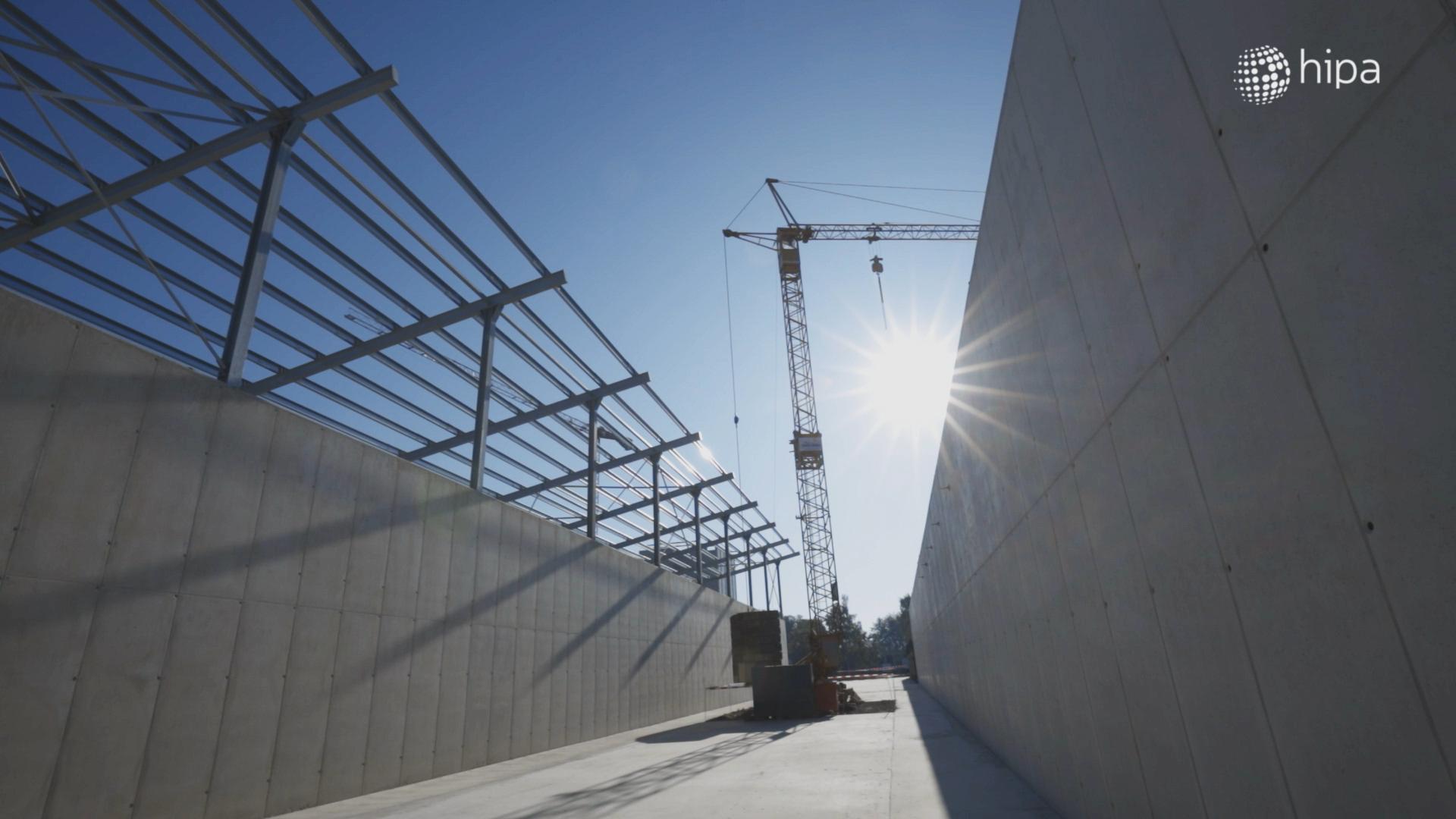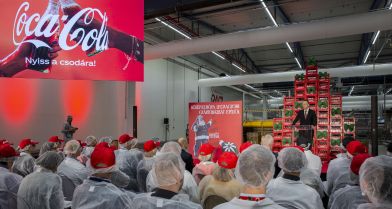
Claessens Group is expanding with an innovative feed mill in Hungary - VIDEO REPORT
2019. 09. 16.

TBZ Táp, which belongs to the Hungarian-owned Claessens Group, is building a new feed mill in Böhönye. The EUR 10 million investment is targeted at the quality feeding of the Group's vast pig and cattle stock, for which now, in lieu of conventional dry food, wet crushed corn is added to the ingredients, relying on the use of the most modern innovative technologies.
The history of Claessens Group dates back to 1995 when it purchased the successor company of the South Somogy State Farm. Farming had a tradition in the Dutch Claessens family, who established the largest livestock undertaking in Somogy County, by extending their activities to Hungary. Today the company group gives work to around 200 people, making it into one of the most significant employers in Nagyatád and its surroundings.
Building on an infrastructure that uses the latest technologies, Claessens primarily focuses on pig and dairy cattle breeding, making crop production only appear as a source of feeding for its own livestock. The Hungarian company's significance is well demonstrated by the fact that over 5% of the Hungarian pig stock is bred here.
Its crop producing subsidiary TBZ Táp has now announced plans for the building of a feed mill, with the expected creation of 50 new jobs. The unique characteristic of the development is that, in replacement of dry food, now wet crushed corn is mixed to the ingredients. This innovative technology is unmatched in Hungary too, since the processing of any such wet corn, subject to a clarifying method of this kind, has been unprecedented in our country.
The Hungarian food industry is dynamically growing. The production value kept on growing in recent years to exceed HUF 3,200 billion in 2018, which is a 7% increase compared to 2017.
The sustained pace of this improvement, however, requires Hungarian actors in the agricultural and food industry to quickly adapt and take advantage of modern technologies, including the latest digital solutions in the field. This endeavour is also supported by Hungary's recent Digital Agrostrategy, which sets out concrete action for a digitized agriculture for the period 2019-2022.



